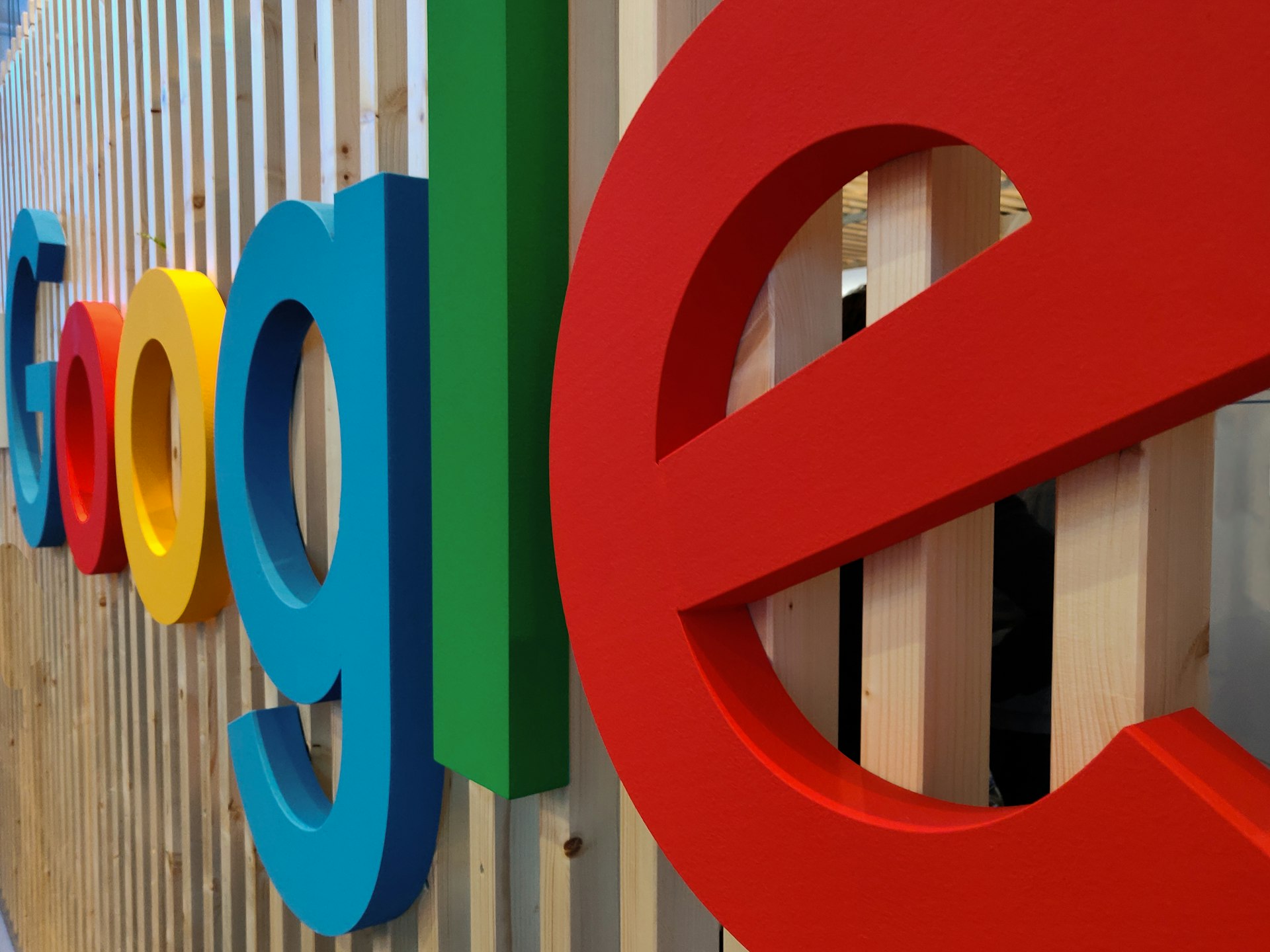Is Coding the Same as Computer Science? A Clear Look at the Connection and Differences

Photo by Bernd 📷 Dittrich on Unsplash
Understanding Coding and Computer Science: The Essentials
Coding, often called computer programming , is the process of writing instructions that computers understand and execute. It is a fundamental skill used to create software, applications, websites, and more [3] . Computer science, on the other hand, is a broader academic discipline that examines the theory, design, development, and application of computer systems and software. While coding is a vital part of computer science, it represents only a portion of the field’s full scope [1] .
How Coding Fits Into Computer Science
It is common to hear coding and computer science used interchangeably, but this is not entirely accurate. Coding refers specifically to writing code-translating human ideas into computer commands using programming languages like Python, Java, or JavaScript [2] . Computer science encompasses coding plus topics such as data structures, algorithms, software engineering, computational theory, artificial intelligence, and cybersecurity [1] . In short, every computer scientist codes, but not every coder is a computer scientist.
Key Differences
- Coding is the act of instructing computers through code; it is hands-on, practical, and focused on implementation.
- Computer science includes coding but also studies the underlying principles, mathematics, and logic that make computing possible [4] .
What Skills Are Needed?
If you are considering a career in computer science or coding, you will need to develop several core skills:
Technical Skills
Programming languages are at the heart of both coding and computer science. Commonly used languages include Python, Java, JavaScript, C++, and SQL. Mastery in one language and proficiency in others is typical for professionals [2] . Other technical skills include:
- Algorithms and Data Structures: Understanding how to organize and process data efficiently is crucial for solving complex problems [1] .
- Operating Systems: Knowing how computers manage processes and memory helps in designing effective software.
- Database Management: Proficiency in SQL and database design ensures reliable data storage and retrieval.
Soft Skills
Soft skills are equally important in both fields. Logical thinking, creativity, attention to detail, and strong problem-solving abilities are all valued by employers and are essential for writing effective code and developing new solutions [5] .
Real-World Example: Building a Web Application
Imagine you want to build a web application. Coding involves writing the HTML, CSS, and JavaScript to create the interactive website. Computer science, however, covers more: how the server processes requests, how data is stored and retrieved from databases, how algorithms sort or search data, and how to optimize performance and security. The coder implements the website’s features, while the computer scientist might design the system architecture or improve the underlying algorithms.
How to Start Learning Coding and Computer Science
Many people begin with coding and expand into computer science as their interests grow. Here are practical steps you can follow:

Photo by Tai Bui on Unsplash
- Decide what you want to build. Web development, app creation, or data analysis each use different languages and tools. For example, Python is popular for beginners and widely used in data science, while JavaScript is essential for web development.
-
Choose a learning resource.
Free, high-quality tutorials are available from authoritative sources such as:
- Codecademy (for interactive coding lessons)
- Khan Academy (for foundational computer science topics)
- edX and Coursera (for both introductory and advanced university-level courses)
Always verify the legitimacy of the platform before signing up. For official university courses, you can visit their actual websites or search for their online programs.
- Practice coding daily. Start with small projects and gradually increase the complexity. Use version control systems like Git to track your progress.
- Explore computer science fundamentals. Once comfortable with coding, delve into algorithms, data structures, and system design. Many open courseware programs from institutions like MIT and Harvard provide comprehensive introductions to computer science theory.
- Join communities. Participating in communities such as Stack Overflow, GitHub, or local coding meetups can provide support, feedback, and opportunities to collaborate on real projects.
Potential Challenges and Solutions
New learners often struggle with the sheer breadth of material in computer science. Coding errors can also be discouraging. To overcome these obstacles:
- Set small, achievable goals. Focus on one language or concept at a time.
- Embrace debugging. Debugging skills develop with practice. Use online communities for support when you’re stuck.
- Stay curious and persistent. Both fields require ongoing learning due to rapid technological changes. Reading official documentation and keeping up with tech news can help.
Alternative Pathways and Career Opportunities
You do not need a degree in computer science to become a coder, though formal study can expand your opportunities. Many successful programmers are self-taught, while others pursue bootcamps or certifications. If you are interested in a more theoretical or research-oriented trajectory, a computer science degree may be valuable. For coding-centric roles like software or web developer, practical experience and a robust portfolio are often more important.
How to Access Learning Resources and Industry Opportunities
If you are seeking structured programs, consider searching for accredited online courses or local university offerings. Government agencies such as the U.S. Department of Labor and the National Science Foundation may offer scholarships, grants, or information about tech careers. To access official guidance on these opportunities, visit the agency’s website or search for their computer science and technology initiatives.
Key Takeaways
Coding is a crucial skill and a gateway into the broader world of computer science , but the two are not identical. Coding is about instructing computers, while computer science encompasses the theories and systems that make those instructions possible. By starting with coding and expanding into computer science fundamentals, you position yourself for a range of rewarding tech careers. Focus on building real-world projects, seek out verified learning resources, and stay engaged with the technology community to maximize your success.



